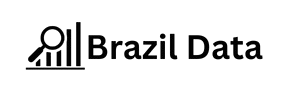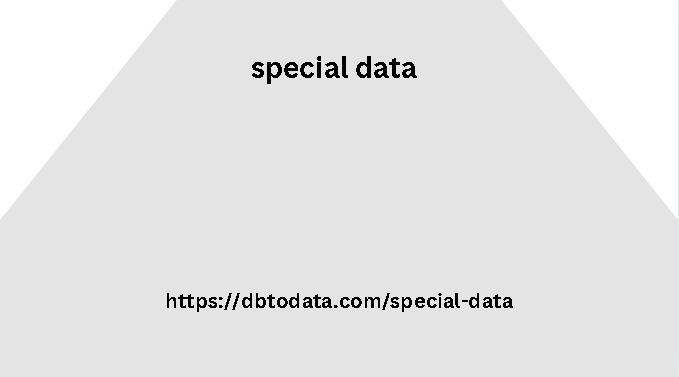It can be a bit difficult to figure out how to best use that data to effectively verify businesses and investigate them for fraud, waste and abuse, or any suspicious activity. But what if agencies could “cut through the noise” by using big data, analytics, and business network intelligence to quickly verify businesses applying for grant programs?
Or help conduct business due diligence
Assess the potential risks behind an in-network vendor or contractor? In GovLoop’s recent online training, “Why Business Data Accuracy is So Important to Government,” we learned about the importance of risk assessment, how agencies can begin to break down data silos to improve business data accuracy, and why agencies should use a multi-layered approach to verifying business data.
Attendees heard from the following experts
Andrea Brandon, Deputy Assistant Secretary, Office of Grants and Procurement Policy and Accountability, Department of Health and ig database Human Services (HHS) Joah Iannotta, Senior Advisor, Data Analytics and Performance Metrics, Do Not Pay Business Center, Bureau of Fiscal Service, Treasury Scott Straub, Director, Federal Market Strategy, LexisNexis Risk Solutions So, what’s the difference between business data and regular data?
Business data refers to information about
The people, places, things, rules, and events associated with running a business. “For example, all these companies and organizations apply for challenges and solutions in crafting buyer personas grants and get loans, but there’s a lot of other data associated with the business itself,” said LexisNexis’s Straub. LexisNexis provides risk solutions to help organizations better manage their business data.
When we apply business data to government,
Many agencies process large amounts of data, such as names, social security numbers, and addresses. The Department of Treasury and the rich data Department of Health and Human Services, for example, collect and process large amounts of business data. “We allocate over $600 million per year for health care purposes,” said Brandon at the Department of Health and Human Services.

